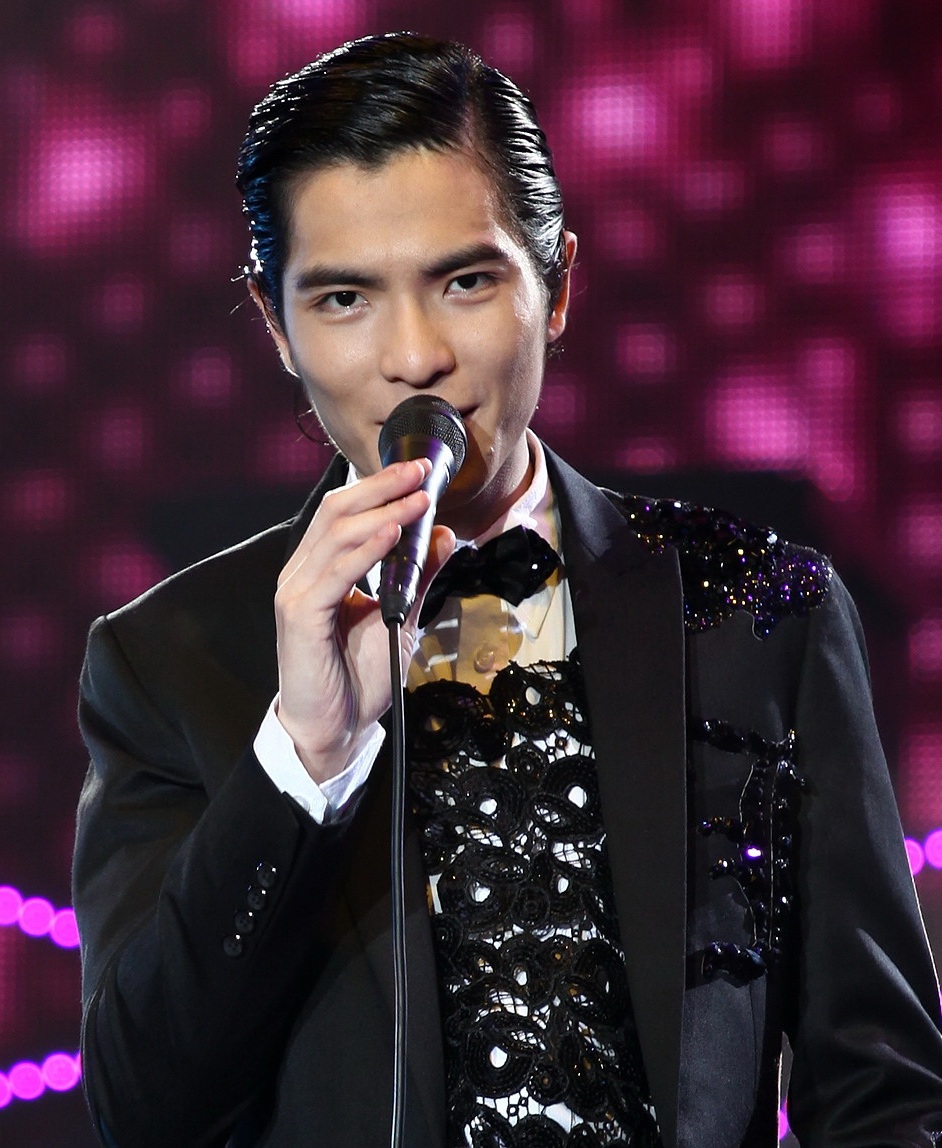by Brian Hioe
語言:
English
Photo Credit: 雪海/WikiCommons/CC
ICYANG PAROD, the head of the Council for Indigenous Affairs, expressed regret for recent statements made by Indigenous Taiwanese celebrities supportive of unification with China in comments late last month.
Parod honed in on comments by Jam Hsiao and Hebe Tien. While there has been increased discussion of Taiwanese celebrities expressing support for unification in past years, this is one of the few times that any government official has specifically addressed the issue of Indigenous Taiwanese celebrities that express support for unification. Parod did bring up that both celebrities are mixed race but expressed disappointment in both for neglecting their Indigenous heritage. Parod’s comments take place shortly after a ruling that expanded the scope of who qualifies as legally recognized as Indigenous.
 Jam Hsiao. Photo credit: Yvont/WikiCommons/CC
Jam Hsiao. Photo credit: Yvont/WikiCommons/CC
Hsiao, a singer and actor that rose to fame through performing on talent shows, stoked controversy after performing at China’s televised Spring Gala performance for the Lunar New Year. As part of these comments, Hsiao called on Taiwanese to return to their “home”, China, to take a look, if they could. Hsiao appeared in a music video that promoted unification in January, along with Ouyang Nana, and Chen Linong. Interestingly, part of Hsiao’s rise to fame took place due to being “discovered” by A-Mei/A-Mit, who is Puyuma, and who was banned from performing in China after performing at Chen Shui-bian’s inauguration.
Ouyang, who Hsiao appeared in the music video with, is the daughter of KMT spokesperson and former city councilor Ouyang Long, also originally an actor. The music video draws heavily on Mazu imagery, seeing as the CCP tries to draw on the popularity of the sea goddess in Taiwan to emphasize links with China, given that Mazu is originally a deity from China.
Comments by Hebe Tien in recent have also provoked outrage, including a video in which Tien referred to Taiwan as part of China and framed her Tsou heritage in the broader context of China.
In particular, the Chinese government has focused some efforts on targeting Taiwanese Indigenous as part of United Front efforts. Indigenous are seen as historically voting for the pan-Blue camp, due to entrenched KMT clientelist networks in rural areas, as well as skepticism towards the DPP and benshengren nationalism.
United Front efforts, then, include subsidizing trips for Indigenous tour groups to China, where they are taken to areas inhabited by China “ethnic minorities,” so as to demonstrate the benefits of unification. Taiwanese Indigenous are framed as “ethnic minorities” by the CCP, though differences between Taiwanese Indigenous groups are collapsed together within the “ethnic minority” framework.
Despite China’s poor treatment of its “ethnic minorities”, including the imprisonment of over one million Uyghurs in “reeducation camps” for their religion, the attempt is made to frame closer relations with China as the key to economic prosperity for Taiwan. This is broadly in line with Chinese “ethnic minority” policy, in which areas resided in by ethnic minority groups are heavily subsidized, in the hopes that this staves off political dissatisfaction.
 Hebe Tien. Photo credit: bubiwing/WikiCommons/CC
Hebe Tien. Photo credit: bubiwing/WikiCommons/CC
One notes that nationally televised Chinese programs have drawn criticism in the past for their depiction of Taiwanese Indigenous, including arbitrarily inventing traditions that were claimed to be authentic. More broadly, as trends in contemporary nationalism go to show, the CCP strongly emphasizes the hegemony of Han culture, yet there are still gestures made in the direction of cultural pluralism–and this does take some in.
The phenomenon of Taiwanese entertainers expressing support for unification, while those supportive of independence or maintaining Taiwan’s existing de facto independence from China are shut out of the Chinese market, is more broadly reflective of the conditions facing Taiwanese doing business in China. Entertainers operating in the Chinese market can be seen as much the same as other Taiwanese doing business in China.
Nevertheless, as seen in scrutiny of Taiwanese entertainers for what are perceived as shows of support for independence–even for actions that would scarcely be perceived as supportive of independence in Taiwan–the “red line” is always shifting in the Chinese market. One expects that Taiwanese Indigenous entertainers would face similar scrutiny, and all the more so for Indigenous, given China’s suspicion toward ethnic minorities.

